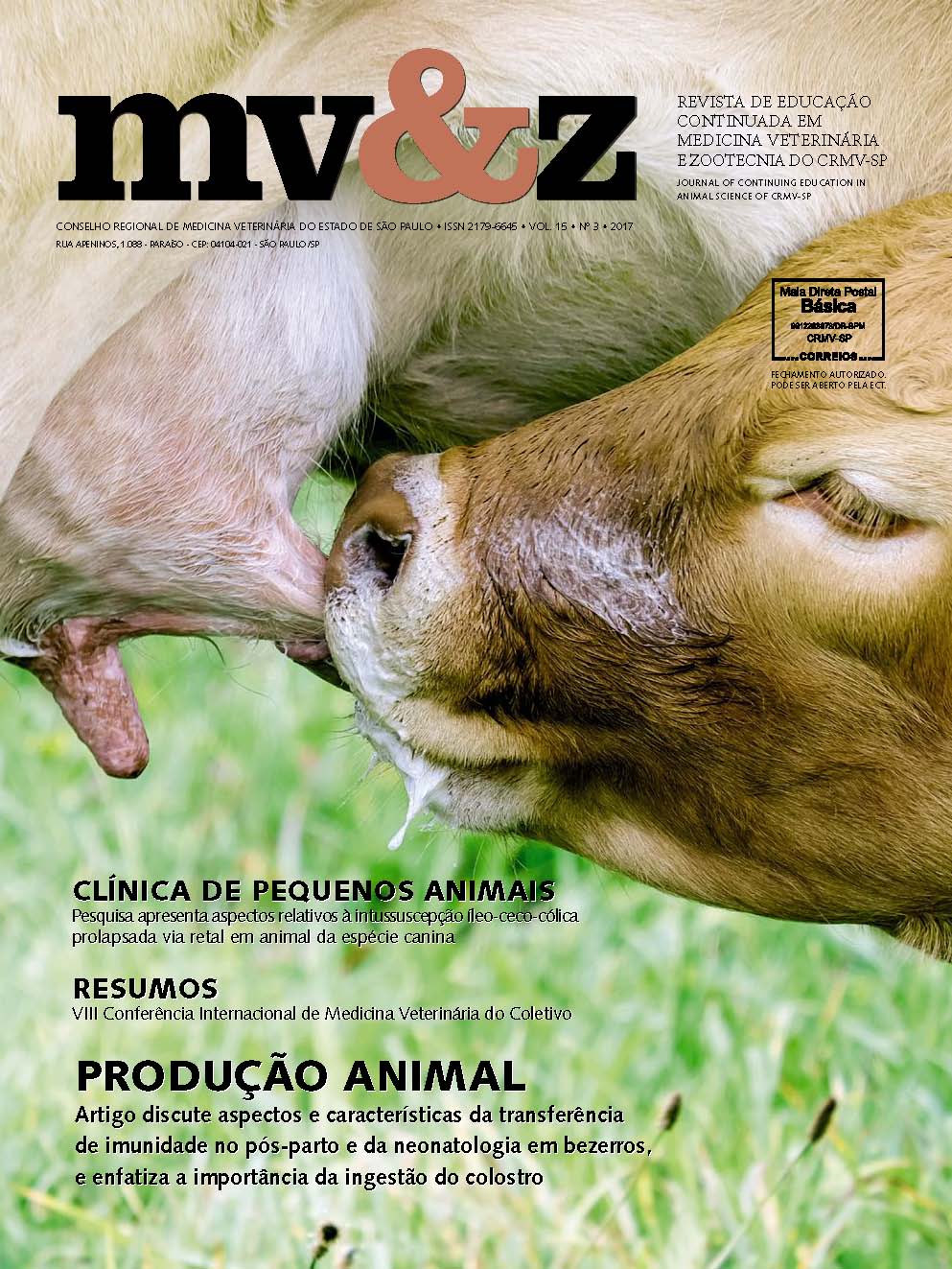Guilherme Alves Guerra
Universidade Federal de Minas Gerais, Escola de Veterinária, Departamento de Medicina Veterinária Preventiva, Belo Horizonte, MG
Elaine Maria Seles Dorneles
Universidade Federal de Minas Gerais, Escola de Veterinária, Departamento de Medicina Veterinária Preventiva, Belo Horizonte, MG
Fernando Nogueira Souza
Universidade de São Paulo, Faculdade de Medicina Veterinária e Zootecnia, Departamento de Clínica Médica, São Paulo, SP
Adriana Cortez
Universidade de Santo Amaro, São Paulo, SP
Camila Freitas Batista
Universidade de São Paulo, Faculdade de Medicina Veterinária e Zootecnia, Departamento de Clínica Médica, São Paulo, SP
Sandra Gesteira Coelho
Universidade Federal de Minas Gerais, Escola de Veterinária, Departamento de Zootecnia, Belo Horizonte, MG
Andrey Pereira Lage
Universidade Federal de Minas Gerais, Escola de Veterinária, Departamento de Medicina Veterinária Preventiva, Belo Horizonte, MG
Alice Maria Melville Paiva Della Libera
Universidade de São Paulo, Faculdade de Medicina Veterinária e Zootecnia, Departamento de Clínica Médica, São Paulo, SP
Marcos Bryan Heinemann
Universidade de São Paulo, Faculdade de Medicina Veterinária e Zootecnia, Departamento de Medicina Veterinária Preventiva e Saúde Animal, São Paulo, SP
Abstract
Neonates are able to respond to infectious agents by their innate and acquired immune responses, however, they are slow, produced in small-scale and have low antibody concentrations. Thus, maternal immunity transference is critical to calf initial survival, since it provides antibodies to the neonate bovine, cells of the immune system, as well as other essential elements to its survival, as nutrients, components of the complement system, growth factors, hormones, cytokines, oligosaccharides, gangliosides, reactive oxygen molecules, acute phase proteins, immunomodulatory factors, enzymes, ribonucleases, nucleotides, polyamines, peptides and proteins with antimicrobial activity, antioxidants and trypsin inhibitors. This review presents a discussion of different aspects and characteristics of immune transference in postcalving and neonatology to calves, emphasizing the colostrum feeding importance.
